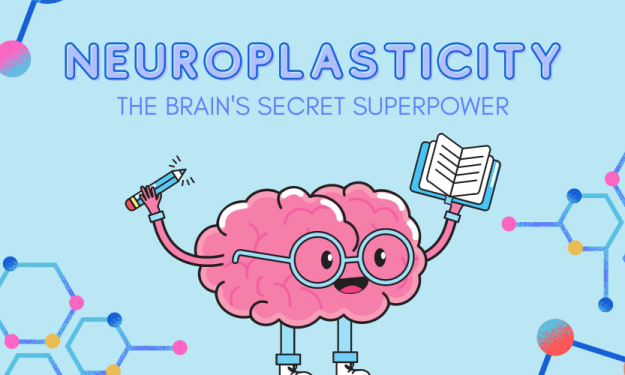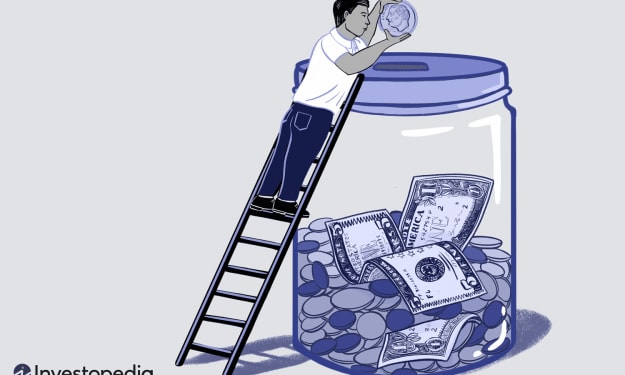What happens after 30 days without sugar?
How Does Your Body React to Too Much Sugar?

Sugar may be the best thing you do for the health of your body, with the exception of natural sugars like those found in dairy and fruits. When we mention sugar in this article , we are referring to all forms of added sugar or artificial sweeteners, whether you're doing it to help increase your testosterone levels reverse insulin resistance or just doing it to save some extra money at the end of the week. The first day after you stop ingesting sugar, your body is adapting to the change, and you may experience cravings for sweet foods and withdrawal symptoms including headaches, exhaustion, mood swings, and irritability. This process lasts every day for up to 30 days.
Sugar is a type of carbohydrate that provides energy to the body. It is naturally present in various foods, including fruits, vegetables, and dairy products. However, when people talk about "sugar," they usually refer to added sugars, which are sugars added to processed foods and beverages during manufacturing or preparation.
Added sugars are commonly found in sugary drinks like soda, fruit juices, energy drinks, and sweetened coffee or tea. They are also present in candies, cookies, cakes, pastries, ice cream, flavored yogurts, cereals, and many processed foods. These added sugars contribute to the sweet taste and can make foods more palatable.
While sugar can provide energy, excessive consumption of added sugars can have negative effects on health. High sugar intake has been linked to obesity, type 2 diabetes, heart disease, tooth decay, and other chronic diseases. Consuming too much sugar can lead to weight gain, high blood sugar levels, insulin resistance, and an increased risk of developing chronic health conditions.
The World Health Organization (WHO) and many health organizations recommend limiting the intake of added sugars. The American Heart Association (AHA) suggests that men should consume no more than 9 teaspoons (36 grams) of added sugar per day, while women should consume no more than 6 teaspoons (25 grams) per day.
It's important to note that naturally occurring sugars in whole foods like fruits and vegetables are generally considered healthier than added sugars, as they come with beneficial nutrients and fiber. When managing sugar intake, it's often advised to focus on reducing added sugars rather than eliminating natural sugars from whole foods.
If you have specific dietary concerns or health conditions related to sugar consumption, it's best to consult with a healthcare professional or registered dietitian for personalized advice and guidance.
If you stop eating sugar, several things may happen to your body and overall health:
1_Improved blood sugar control: Cutting out sugar can help stabilize your blood sugar levels. Without the frequent spikes and crashes associated with sugar consumption, you may experience more consistent energy levels throughout the day.
2_Weight loss or maintenance: Sugar is high in calories and can contribute to weight gain. By eliminating or significantly reducing your sugar intake, you may find it easier to achieve weight loss or maintain a healthy weight.
3_Reduced risk of chronic diseases: High sugar intake has been linked to an increased risk of various chronic diseases, including obesity, type 2 diabetes, heart disease, and certain types of cancer. By eliminating sugar, you may lower your risk of developing these conditions.
4_Improved dental health: Sugar is a major contributor to tooth decay. By cutting out sugar, you can reduce the risk of cavities and maintain better oral health.
5_Enhanced cognitive function: Some studies suggest that excessive sugar consumption may have negative effects on cognitive function and memory. By eliminating sugar, you may experience improved mental clarity and focus.
6_Balanced appetite and reduced cravings: Sugar can trigger cravings and lead to overeating. By removing sugar from your diet, you may find that your appetite becomes more balanced, and cravings for sugary foods diminish over time.
7_Improved skin health: Sugar has been associated with skin issues such as acne and premature aging. By reducing sugar consumption, you may notice improvements in your skin's appearance.
It's important to note that cutting out sugar completely can be challenging, as sugar is present in many foods and beverages, including those not typically considered sweet. It's advisable to consult with a healthcare professional or registered dietitian for personalized guidance and support when making significant dietary changes.
On the second and third days, your sugar withdrawal symptoms might persist as your body adjusts to life without sugar. You might experience more intense cravings for sweet foods, more irritability, headaches, and you might even start to feel foggy. You might also feel more tired than usual, but this is normal as your body adjusts to using different sources of energy. On the other hand, some people may start feeling more focused and energised as their bodies adjust to being sugar-free by the fourth to seventh day your energy levels should start to improve and at this point the cravings and discomfort should start to subside. It is also common to experience gastrointestinal intestinal symptoms like bloating, constipation, or diarrhea during this time.
As your body begins to use fat for energy instead of sugar around age 14, people start to notice some weight reduction in the morning. Your taste buds will start to adjust, and you may find that foods that previously didn't taste sweet now taste sweeter. Your energy levels will continue to improve, and you may find that you're able to focus better throughout the day. By days 15 to 21, you're more than halfway through your sugar-free month, and you're really starting to reap the benefits. You could see that your mood.
22 to 30 marks the last week of your sugar-free month; if you decide to stop after 30 days, in this week the benefits of quitting sugar become more noticeable. You will start to experience improved mental clarity, better sleep, reduced inflammation, increased metabolic health, and your body will become more sensitive to insulin. However, some people may still experience cravings and may need to be more vigilant about avoiding sugary foods.
If you decide to stop eating sugar, there are several steps you can take to help you succeed:
Read food labels: Sugar can hide in various forms, so it's essential to read food labels carefully. Look for ingredients like sucrose, fructose, glucose, corn syrup, and other sweeteners. Be aware that even seemingly healthy foods like yogurt, granola bars, and sauces may contain added sugars.
Choose whole, unprocessed foods: Opt for whole foods like fruits, vegetables, lean proteins, whole grains, and legumes. These foods are naturally low in added sugars and provide essential nutrients.
Cook meals at home: Preparing your own meals gives you control over the ingredients and allows you to avoid added sugars. Use fresh ingredients and try experimenting with herbs, spices, and natural flavors to enhance the taste of your dishes.
Be mindful of beverages: Sugary drinks can contribute significantly to your overall sugar intake. Replace soda, fruit juices, and sweetened beverages with water, herbal tea, or unsweetened options. If you crave something sweet, infuse water with fruits like berries or citrus slices.
Gradually reduce added sugar: Cutting out sugar completely can be challenging, so consider reducing your intake gradually. Start by eliminating or reducing obvious sources of sugar like candy, desserts, and sugary snacks. Then gradually cut back on added sugars in other foods and beverages.
Find healthy alternatives: Instead of reaching for sugary treats, find healthier alternatives. Snack on fruits, nuts, or plain yogurt with berries. Satisfy your sweet tooth with natural sweeteners like honey, maple syrup, or stevia in moderation.
Stay hydrated: Drinking enough water can help curb cravings and keep you feeling satisfied. Often, we mistake thirst for hunger or cravings for sugar, so staying hydrated can be beneficial.
Seek support: Changing your eating habits can be challenging, so consider seeking support from friends, family, or a registered dietitian. They can provide guidance, accountability, and help you stay motivated.
Remember, everyone's journey is unique, and it's important to listen to your body and find what works best for you. Gradual and sustainable changes tend to be more successful in the long run.
If you liked the article, do not hesitate to visit us in the future for more topics of interest to you.
Best Regards.
About the Creator
Enjoyed the story? Support the Creator.
Subscribe for free to receive all their stories in your feed. You could also pledge your support or give them a one-off tip, letting them know you appreciate their work.





Comments
There are no comments for this story
Be the first to respond and start the conversation.